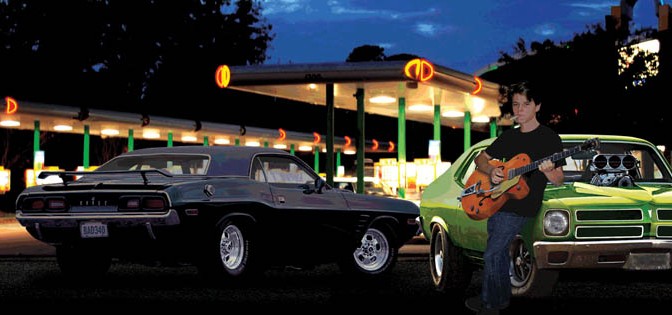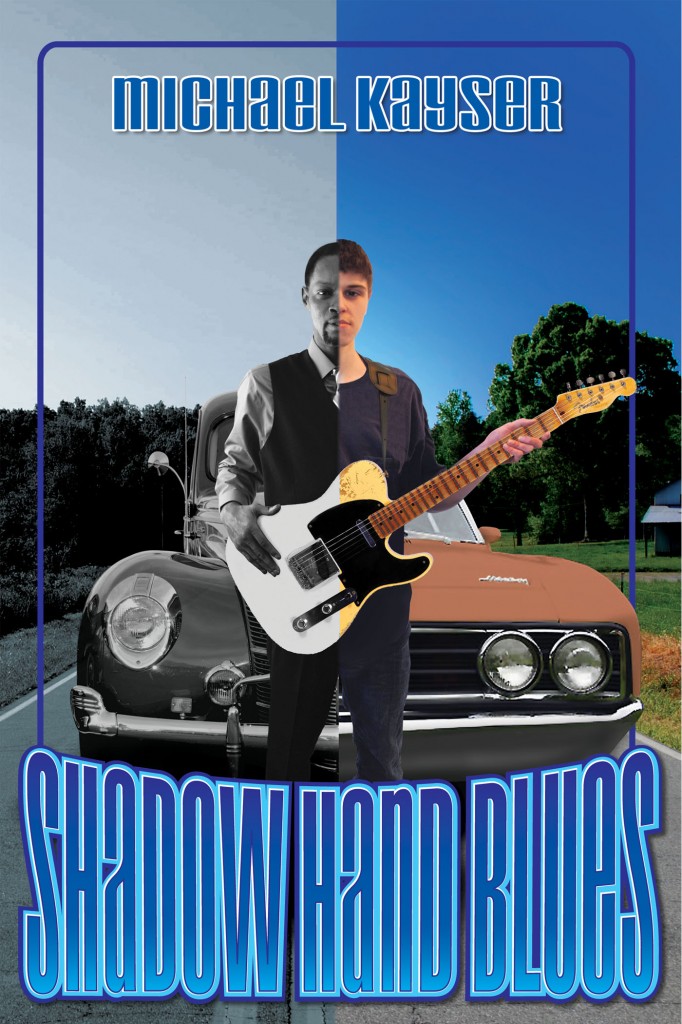A chilling wind swept over the barren wasteland.
In all directions, as far as the eye could see, there was nothing but desolate emptiness. In such a dreary location the imagination tends to wander and one can’t help wondering if maybe there was, at some point in time immemorial, an advanced, thriving civilization long departed for some unknown reason, all evidence of its achievements in culture and technology now buried under the ruin of time.
But enough about Detroit. This story begins far to the north, and quite a ways west.
The large, steel-hulled ship steamed through the icy waters, between the frozen steppes of Siberia on the left and the frozen tundra of Alaska on the right. A man sitting alone in his private cabin watched the godforsaken scenery slide by.
Tyrone Tirikeldaun didn’t necessarily have to become a supervillain. He could have just as easily become a healthy, positive contributor to society…like an actor, community organizer or Occupy protester.
He had a promising start—watching network television, playing video games, complaining a lot and letting his parents support him while waiting for his first welfare check.
Then, to the detriment of all that lives, he got an idea.
Instead of watching TV and playing video games, he worked on the idea and it grew into a business. But not a socially responsible business that loses money or, at best, breaks even. Once all his expenses were covered and bills paid, he had some money left over. To compound this unethical behavior, he kept that money for himself, reinvesting it in his business.
It was a slippery slope from there. Before long, he was looking for tax breaks to take advantage of, gleefully hoarding as much of the money he earned as was possible.
Villainy was like a drug to him. He couldn’t get enough. The compulsion to oppress the working class and destroy the environment only grew stronger, the more people bought his products.
Tyrone Trikeldaun’s eyes sparkled with a villainous glint as he gazed out over the North Alaskan coast through the cabin porthole in his ship, the SS Unfair Advantage. If only I had time, he thought, I could murder a whole bunch of cute little animals. I could drop anchor, set up some oil drilling equipment and watch multiple species frightened to extinction by the sight of a man-made object.
He sighed and sipped from his decadent 64 ounce Big Glunk. Maybe, as a consolation, he could take a landing party ashore on the way back and swat some protected species of spotted mosquito or something. There were no trees from the Brazilian Rainforest handy to slash, burn, or otherwise take his villainous sadism out on, so he would have to make do.
He pushed the intercom button and asked, “How long until we’re in the Arctic Circle?”
Henchman 34 replied, through the speaker, “We’re about to cross into the Arctic Circle very soon, now.”
“Oh. I mean that other circle, then. You know—the one that’s like a hundred mile radius from the North Pole. I pointed to it on the big map display in my underground lair when I was explaining the plan.”
“Right, sir. We should be there within a week, depending on how thick the ice is.”
Arctic Circle, schmartcic circle. They’d have to think up a different name for it soon. He laughed maniacally and rubbed his hands together.
Continuing the series on Superheroes and The Narrative, this is chapter One from my short e-book The Greater Good.

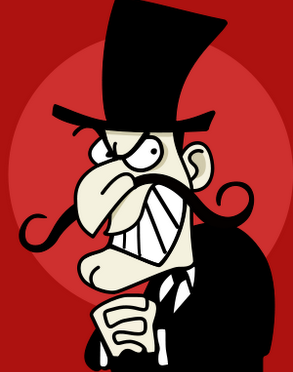
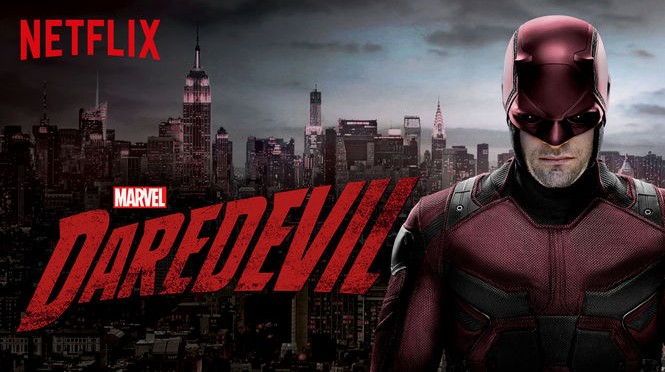
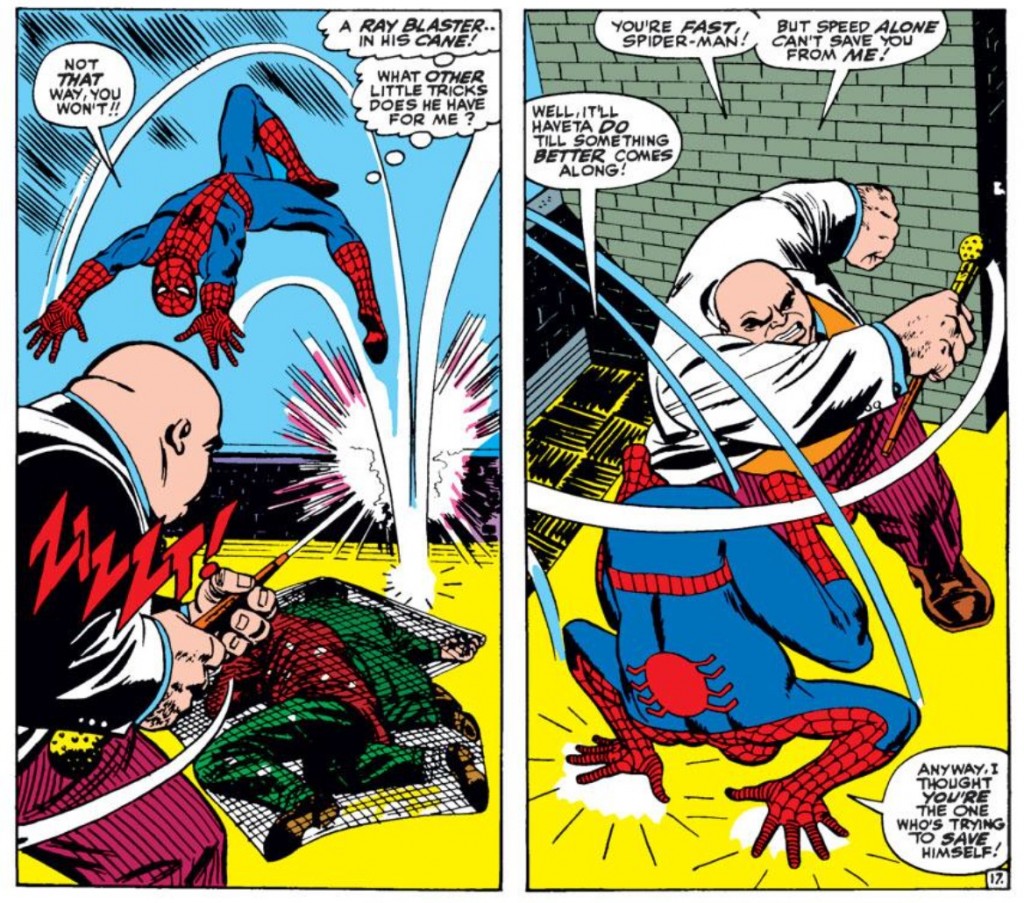
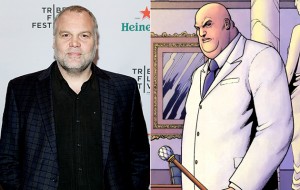
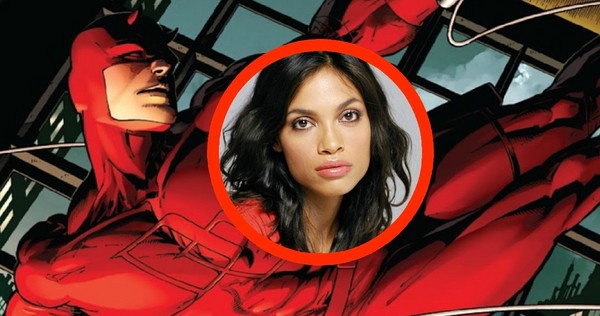
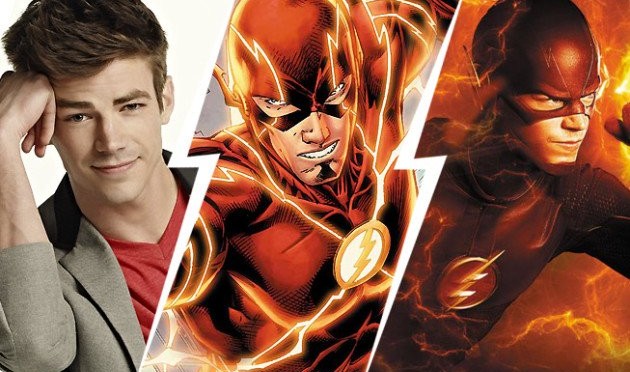

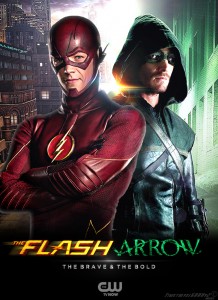

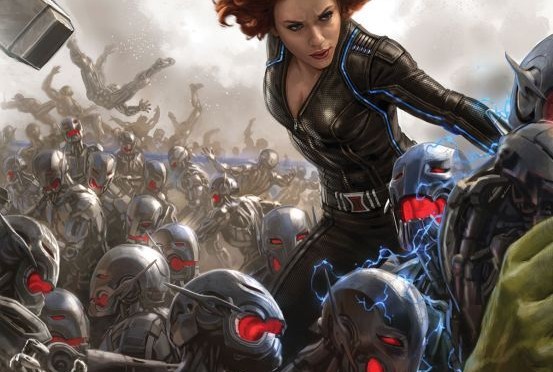

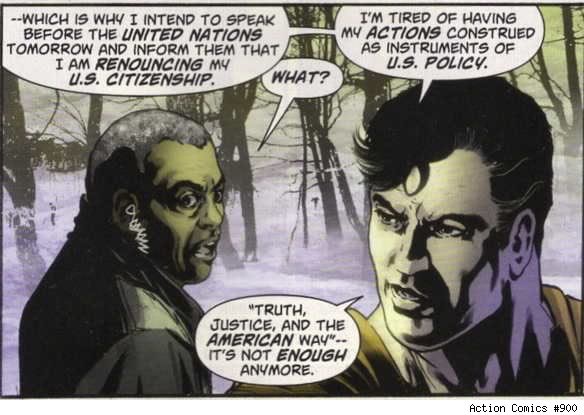


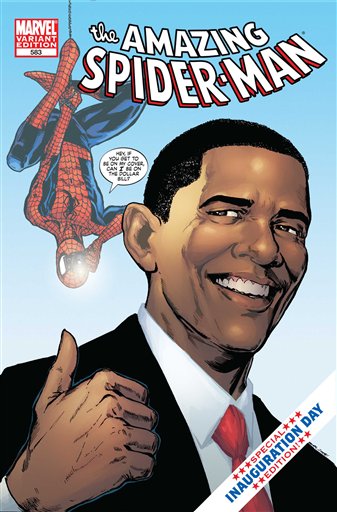 ig and small screen. But they’re being adapted in more ways than format. Pop culture svengalis have been busy subverting the superhero genre into just another gynocentric soapbox. More and more long-time
ig and small screen. But they’re being adapted in more ways than format. Pop culture svengalis have been busy subverting the superhero genre into just another gynocentric soapbox. More and more long-time 